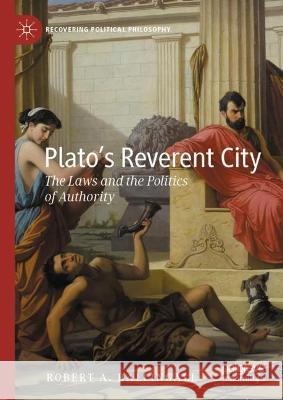Plato's Reverent City: The Laws and the Politics of Authority » książka
topmenu
Plato's Reverent City: The Laws and the Politics of Authority
ISBN-13: 9783031313028 / Angielski
Plato's Reverent City: The Laws and the Politics of Authority
ISBN-13: 9783031313028 / Angielski
cena 484,18
(netto: 461,12 VAT: 5%)
Najniższa cena z 30 dni: 424,07
(netto: 461,12 VAT: 5%)
Najniższa cena z 30 dni: 424,07
Termin realizacji zamówienia:
ok. 22 dni roboczych
Bez gwarancji dostawy przed świętami
ok. 22 dni roboczych
Bez gwarancji dostawy przed świętami
Darmowa dostawa!
Kategorie BISAC:
Wydawca:
Palgrave MacMillan
Seria wydawnicza:
Język:
Angielski
ISBN-13:
9783031313028











